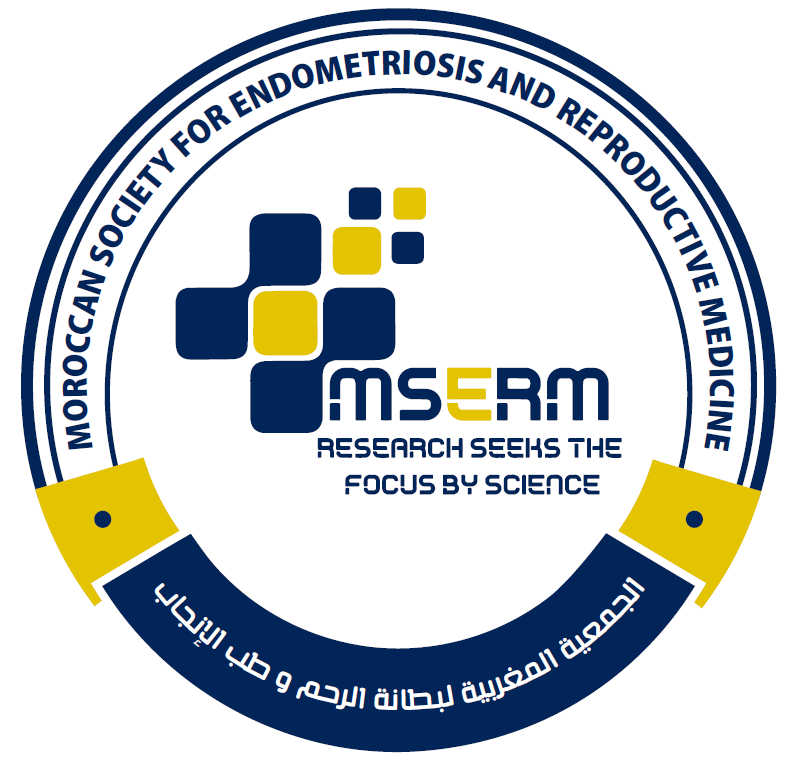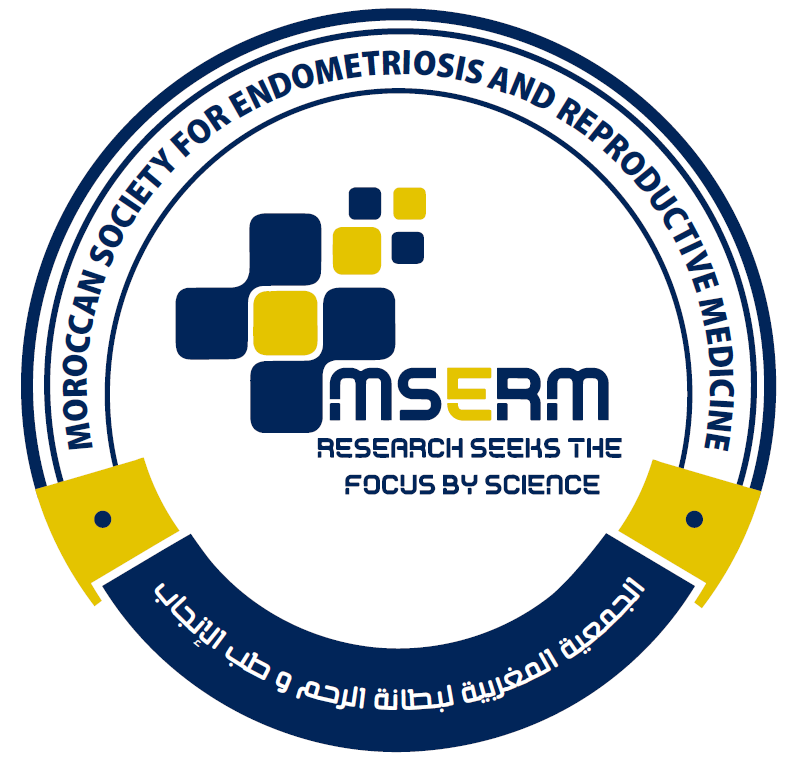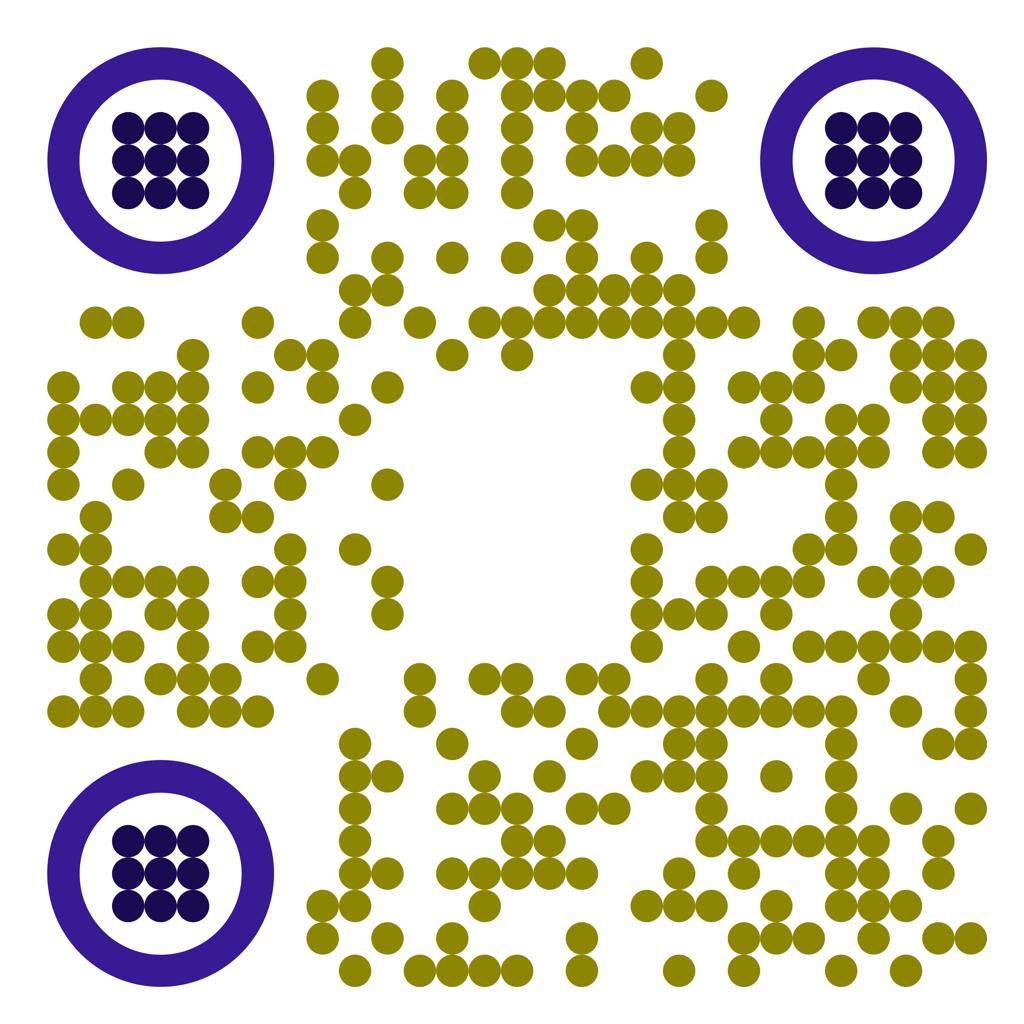Embryology Certificate
The MSERM air learning Embryology Certificate is your one-stop, comprehensive training source for online embryology education.
With more than 60 expert authors and reviewers, this 43-module course is a refresher for current embryologists and a primer for those looking to break into the field from the Society of Reproductive Biologists Technologists (SRBT)
Learn and earn EACCME is an institution of the European Union of Medical Specialists (UEMS) credits on your own time to help you maintain lab director certification or prepare for professional certification in embryology.
BENEFITS:
Lab Directors and Embryologists: Refresh your knowledge and gain access to the latest information in the field while earning enough EACCME is an institution of the European Union of Medical Specialists (UEMS) credits to cover certification maintenance for two years!
Reproductive Lab Technicians: Take your career to the next level by immersing yourself in expert embryology training, including education in reproductive biology, genetics, basic and advanced procedures, and lab management.
Animal Scientists: Looking to break into the field of human embryology? Develop your knowledge and boost your resume on your own time at a fraction of the cost of higher education.
Clinicians: Gain a better understanding of lab processes, procedures, and the science of reproductive biology.
Clinical Directors, Lab Directors, and Practice Managers: Invest in the training of your lab professionals and move toward improving individual competence and overall outcomes.
ACTIVITY TITLE: Embryology Certificate
ACCREDITATION STATEMENT
The Moroccan Society for Endometriosis and Reproductive Medicine (MSERM) is accredited by the Accreditation Council for Continuing Medical Education to provide continuing medical education for physicians.
NEEDS ASSESSMENT and IDENTIFICATION OF PRACTICE GAP
Many couples that are unable to conceive will proceed to use of assisted reproductive technologies (ART). This involves a collaborative effort between reproductive endocrinologists, laboratory personnel, reproductive biologists, and nurses.
Discussion and evidence about reproductive laboratory technologies can be found not only in the scientific literature, but in the popular press and on the Internet as well. New technologies with implications for the treatment of the infertile couple are being developed and advancing rapidly such that even experienced embryologist might benefit from additional educational opportunities. It is important, therefore, that clinicians, laboratory scientists and allied health professionals are aware of the basic evaluation and treatment during an IVF cycle, as well as progress in technology that may have an impact on IVF now or in the future. This area has been identified as a practice gap for reproductive care clinicians and scientists based on recent competence assessments by the American Society for Reproductive Medicine.
The Moroccan Society for Endometriosis and Reproductive Medicine (MSERM) has established an online Embryology Certificate . This online EXAM will provide easily accessible and detailed content in the field of basic and advanced ART laboratory techniques as well as provide critical basic science and background information. This course will provide a common knowledge set appropriate for the broad range of health care professionals involved in the treatment of the infertile couple that proceeds to ART, provide training in the assessment of parameters of gametes and embryos, laboratory technologies, and laboratory management as well as assisting embryologists in identifying strategies for improving the IVF laboratory.
EDUCATIONAL OBJECTIVES
At the conclusion of this educational activity, participants should be able to:
1. Review the physiology and pathophysiology of male and female reproductive function.
2. Review the principles of cell biology and molecular biology as it pertains to embryologists.
3. Describe the key elements of the ART laboratory management and function.
4. Identify basic and advanced techniques used in the ART laboratory.
5. Analyze present strategies for improving the function of the ART laboratory COURSE EXAM OUTLINE
Reproductive Biology
1. Female Reproductive Anatomy & Physiology
2. Male Reproductive Anatomy, Physiology, and Spermatogenesis
3. Primordial Germ Cells and Oogenesis
4. Fertilization and Early Embryo Development
5. Implantation
DNA, Chromosomes, and Genetic Testing
6. DNA/Chromosome Structure and Gene Expression
7. Embryo Biopsy
8. Preimplantation Genetic Testing
9. Mosaicism in Humans
10. Epigenetics
Assisted Reproductive Technology Procedures – Basic
11. Stimulation Protocols
12. Culture Media and Conditions, Part 1
13. Culture Media and Conditions, Part 2
14. Microbial Contamination of IVF Cultures
15. Oocyte Retrieval
16. Semen Collection
17. Sperm Preparation
18. IVF Insemination
19. Changeover Day Fertilization Assessment
20. Cleavage-Stage Embryo Grading
21. Blastocyst Development and Grading
22. Embryo transfer
23. Third-party Reproduction
Assisted Reproductive Technology Procedures – Advanced
24. Cryopreservation
25. Vitrification
26. Management of Cryopreserved Gametes and Embryos
27. Time-lapse Imaging Morphometry (TLIM)
28. Assisted Hatching
29. In Vitro Maturation
30. Infectious Disease
31. OMICS 101
32. Micromanipulation Toolmaking
Laboratory Management
33. The IVF Laboratory
34. Quality Control
35. Laboratory Safety
36. Troubleshooting
37. Minimizing and Tracking Errors in the ART Laboratory
38. Emergency Planning
39. Regulation, Accreditation, and Inspection Preparedness
40. Legal Aspects of Patient Interaction in the ART Laboratory
41. Research and Institutional Review Boards
42. Ethical, Legal, and Religious Issues in Infertility Treatment
43. Continuing Professional Development
Find below some very useful courses for download:
Blastocyst Development and Grading
Changeover Day Fertilization Assessment
Conducting ART Research The Institutional Review Board (IRB)
Culture Media and Conditions, Part 1
Culture Media and Conditions, Part 2
DNA, Chromosomes, and Gene Expression
Fertilization and Early Embryo Development
Infectious Diseases and Assisted Reproductive Technology
Legal Aspects of Patient Interaction in the ART Laboratory
Male Reproductive Anatomy, Physiology, and Spermatogenesis
Management of Cryopreserved Gametes and Embryos
Microbial Contamination of IVF Cultures
Minimizing and Tracking Errors in the ART Laboratory
Preimplantation Genetic Testing
Primordial Germ Cells and Oogenesis
Principles of Cryopreservation
Quality Control in the Embryology Laboratory
Sperm Preparation for IVF and ICSI
Time-Lapse Imaging Morphometry (TLIM)
Troubleshooting Fertilization Failure
Vitrification of Oocytes, Embryos, and Tissues




